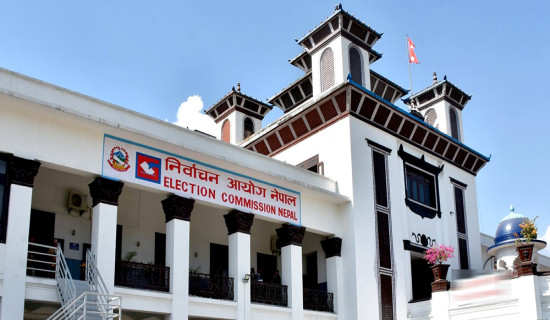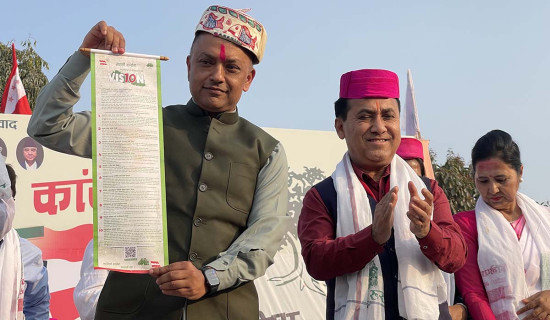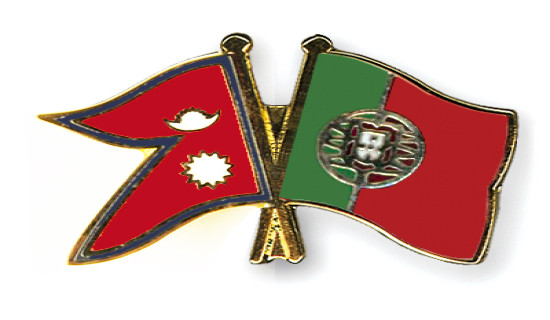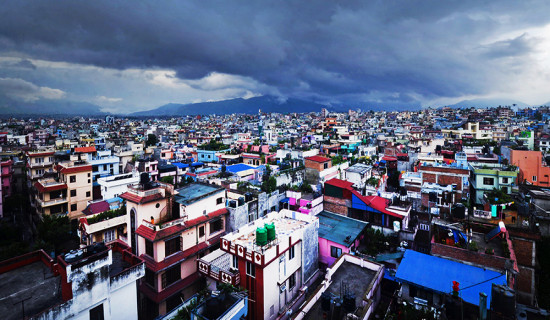- Thursday, 19 February 2026
Need To Streamline Public Holidays
The government has recently announced public holidays for the year 2081. As per the announcement, there will be 35 public holidays in the coming year. With 52 Saturdays, the number of holidays will be 87. There is a practice of announcing public holidays by publishing the list of such holidays in the Gazette. Additional holidays may, however, be added though Cabinet decisions.
Last year, the government declared Falgun 1 as a public holiday in commemoration of the start of the Maoist insurgency on Falgun 1, 2052. The day is celebrated as People’s War Day by Maoists and others. However, the government had to scrap the holiday because the Supreme Court had annulled the holiday. When the public holiday was announced last year, many people, including the victims of the Maoist insurgency and human rights activists, were not happy. Their sentiments were badly hurt. During the Maoist insurgency, over 17,000 people were killed and many more were wounded. Further, many people were made to disappear.
Limbo
The Truth and Reconciliation Commission (TRC) and the Commission of Investigation on Enforced Disappeared Persons (CIEDP) are almost in limbo. That is why the peace process, which began in 2006, has not been fully completed yet. The victims of the Maoist insurgency and other people got elated at the decision of the Supreme Court that annulled the public holiday on Falgun 1, while the Maoists got offended. It is an irony that the government had to backtrack on giving a public holiday on the said day when Maoist Supremo Pushpa Kamal Dahal ‘Prachanda’ is the Prime Minister.
Public holidays consist of festive holidays, special day holidays and birth anniversary holidays. As announced by the government, the list of public holidays for 2081 include 27 festive days, six special day holidays and two birth anniversary holidays. With the abolition of the Panchayat system in the early 1990s, the successive governments have added a number of public holidays to the national calendar.
It is said that Nepal has too many public holidays. World Statistics, an organisation that keeps global data, published the list of 48 countries with the highest number of public holidays some months ago. As per the data, Nepal topped the list with 35 public holidays, followed by Myanmar (32 holidays), Iran (26 holidays), Sri Lanka (25 holidays) and Bangladesh and Egypt (22 holidays each). India was in eighth position with 21 public holidays, with Pakistan in 16th position with 16 holidays. The statistics did not include weekly holidays.
When there are too many public holidays, it hampers the public service delivery system. It creates hassles for service-seekers, especially those from remote areas who have to visit Kathmandu. They have to manage lodging, food and time. They have to spend more to avail themselves of public services. It is these and other people who are constantly complaining that there are too many public holidays. In fact, having too many public holidays has an adverse impact on the efficiency and timeliness of service delivery and affects good governance. One of the yardsticks of gauging good governance is effective public service delivery.
The successive governments themselves admit that the country has too many public holidays. They have formed several holiday revision committees but the recommendations made by such committees are hardly implemented. In 2018, the Oli-led government decided to reduce public holidays by 15 days for prompt public service delivery and to maintain good governance. But the government backtracked on its decision two years later.
At a time when there were voices against too many public holidays, the government declared two days of holiday a week (Saturday and Sunday) on May 15, 2022. The main thrust of the arrangement was to reduce the consumption of fuel. But the arrangement was scrapped with effect from June 15, 2022. Such an exercise had also been made two decades before with the aim of boosting the efficiency and productivity of civil servants. But the intended goals could not be achieved and the provision was scrapped within a few months. Public holidays are added to the national calendar based on the government’s decision. The government may announce public holidays suddenly as on visits by heads of state from foreign countries or on the death of prominent figures. This may also hamper public service delivery, inconveniencing service-seekers.
Contravention
It seems the government is not inclined to reduce public holidays. There are many ethnic groups in the country. The government has seemingly announced public holidays for particular ethnic groups so as to please them and use them as a vote bank. Furthermore, provincial or local governments tend to announce public holidays on their own in contravention of the national holiday calendar approved by the federal government. Announcing public holidays haphazardly is not a good thing. There should be some sort of uniformity in public holidays.
It follows that a proper study is needed to systematise public holidays in the country. Unnecessary public holidays need to be curtailed. For example, there is no need for a public holiday on Christmas Day in the country. It is a bit surprising that there is a public holiday on December 25 (Christmas Day) but not on January 1 (Christian New Year). As the country is economically poor, there is a need to boost and improve the economy. Therefore, unnecessary public holidays need to be retrenched so as to boost economic productivity by making the public service delivery mechanism efficient and effective.
(Maharjan has been regularly writing on contemporary issues for this daily since 2000.)









-original-thumb.jpg)

-original-thumb.jpg)





